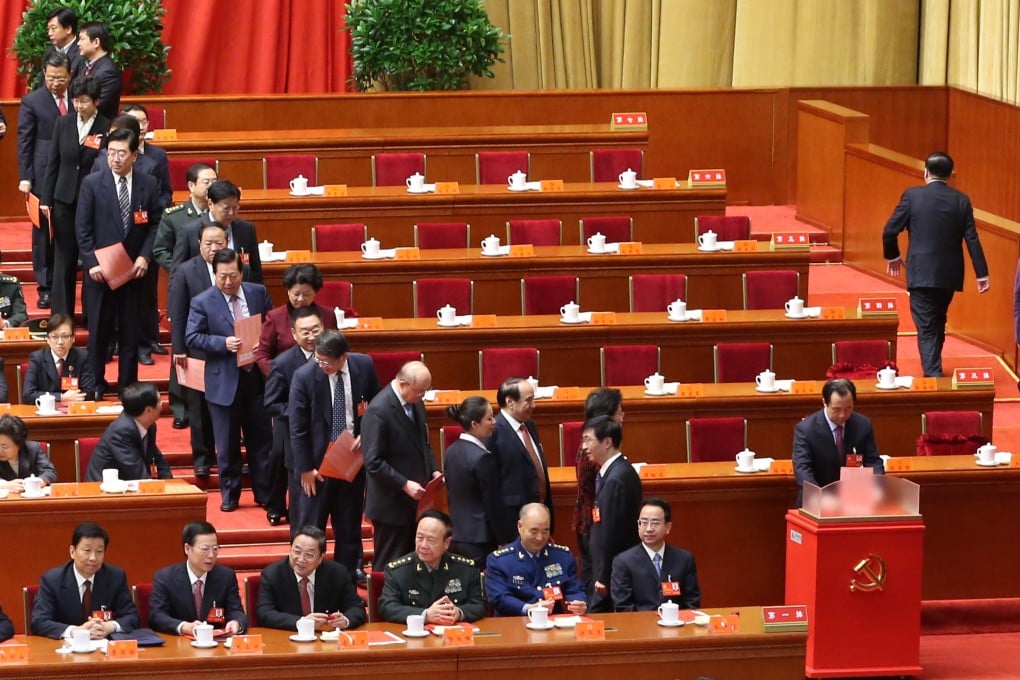China's graft buster resurrects story of corrupt Qing dynasty prince - but who is it aimed at?
Graft-busters start a guessing game by reprinting an article about a corrupt noble

It caused barely a ripple when it was first printed two years ago but the republication of an article this week about a corrupt Qing dynasty prince set off a wave of speculation about just which former leader it was alluding to.
The story tells of the evil deeds of Prince Qing, a 19th century Manchu noble who was known as "the Iron Hat Prince" because he was deemed as beyond the reach of law and discipline.
Published two years ago to little notice, the article was put out again in print and online on Wednesday by the Central Commission for Discipline Inspection, the nation's top anti-graft agency.
It was immediately picked up by major mainland news outlets, with some also running commentaries alongside.
Even the blog of the overseas edition of People's Daily piled in, coming up with a fictional interview with the late Prince Qing, whose language clearly mirrors that of communist officialdom.
The interview presents the prince as an opponent of government structural reform, putting his son and daughter in lucrative high places and funnelling huge sums to an overseas bank account.